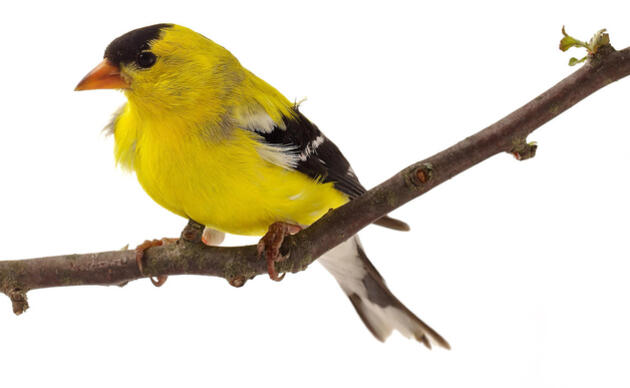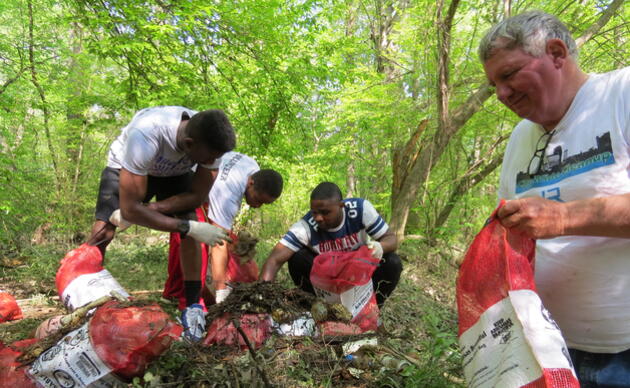This Memorial Day weekend, Audubon Louisiana is reminding Gulf Coast residents to be watchful for waterbirds that nest on beaches and barrier islands.
“This is an enjoyable time of year to spend on Louisiana’s beaches,” said Erik Johnson, Audubon Louisiana’s Director of Bird Conservation. “Birds like Least Terns, Black Skimmers, and Wilson’s Plovers also spend their summer on our beaches where they nest in groups or colonies, and each parent carefully placing their eggs in a shallow scrape in the sand. This holiday weekend, their flightless and adorable chicks will be mobile and especially susceptible to disturbance.”
Unfortunately, beachgoers or boaters that approach nesting birds too closely may unintentionally cause the death of chicks and eggs. When parents are flushed from their nests, chicks and eggs are left vulnerable to opportunistic predators, overheating by the summer sun, being crushed underfoot. A single disturbance can destroy an entire colony.
Each year along the Gulf Coast, state and local officials along with Audubon volunteers, staff and partners post many of the state’s beach and island nesting sites to prevent human disturbance. Additionally, volunteer Audubon “bird stewards” will help chaperone nesting bird colonies on many Gulf Coast beaches this weekend. These stewards help educate beachgoers about the breathtaking spectacle of these colonies while reminding pedestrians not to enter protected areas, ensuring that we successfully share the beach with these unique birds.
Volunteers are needed to help this weekend! Audubon stewards will be in Cameron Parish (Holly and Rutherford Beach), Grand Isle State Park, and Elmer’s Island. Contact information for Audubon staff at each location is below:
- Cameron Parish (Holly Beach and Rutherford Beach)
- Contact: Katie Barnes, kbarnes@audubon.org
- Grand Isle State Park
- Contact Melinda Averhart, maverhart@audubon.org
Citizens interested in learning about volunteer bird stewarding opportunities in the future are encouraged to email ejohnson@audubon.org for more information. Follow Audubon Louisiana on Facebook and Twitter for more information and updates.
Audubon’s Memorial Day Beach Tips:
- Respect posted areas, even if you don’t see birds inside them. Birds, eggs and nests are well camouflaged in the sand and grasses, and a single disturbance can cause the abandonment of an entire colony.
- Give islands with nesting colonies in our bays and estuaries a wide berth, and when fishing, be sure not to leave any equipment behind. Fishing line can tangle birds and other wildlife, causing them to starve or drown.
- Avoid disturbing groups of birds. If birds take flight or appear agitated, you are too close.
- Refrain from walking dogs or allowing cats to roam freely on beaches during the nesting season. If you must walk your dog on beaches, always keep them on a leash and away from the birds.
- Do not bury or leave trash, picnic leftovers, charcoal or fish scraps on the beach. They attract predators of chicks and eggs, such as crows, raccoons, coyotes, foxes, and Laughing Gulls.
- Leave the fireworks at home and attend an official display instead. Impromptu fireworks can have catastrophic effects for vulnerable chicks and eggs.



